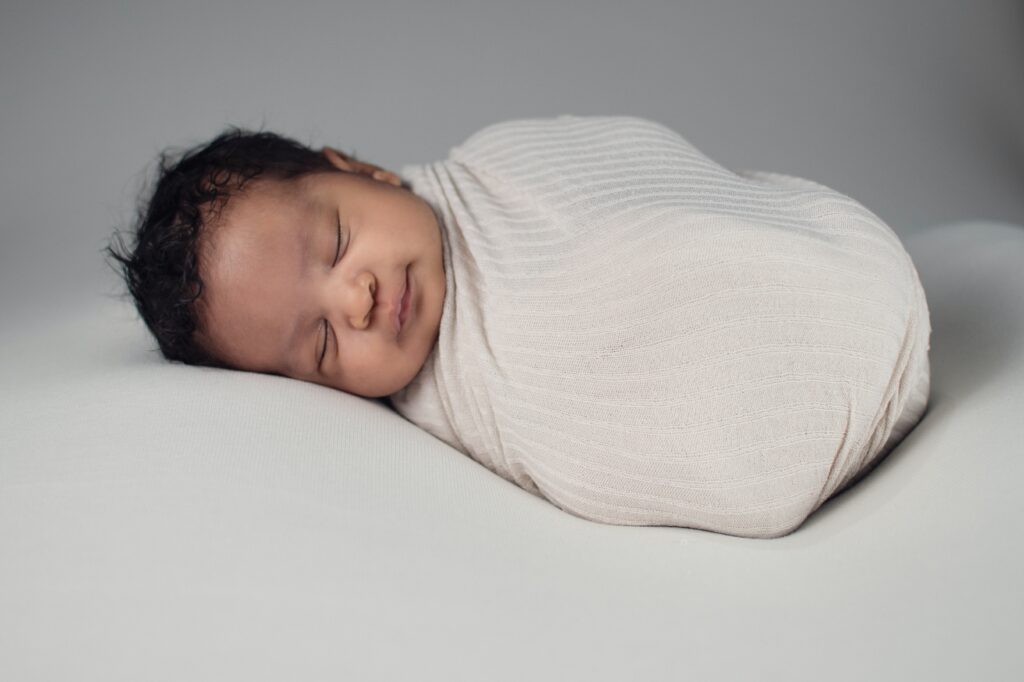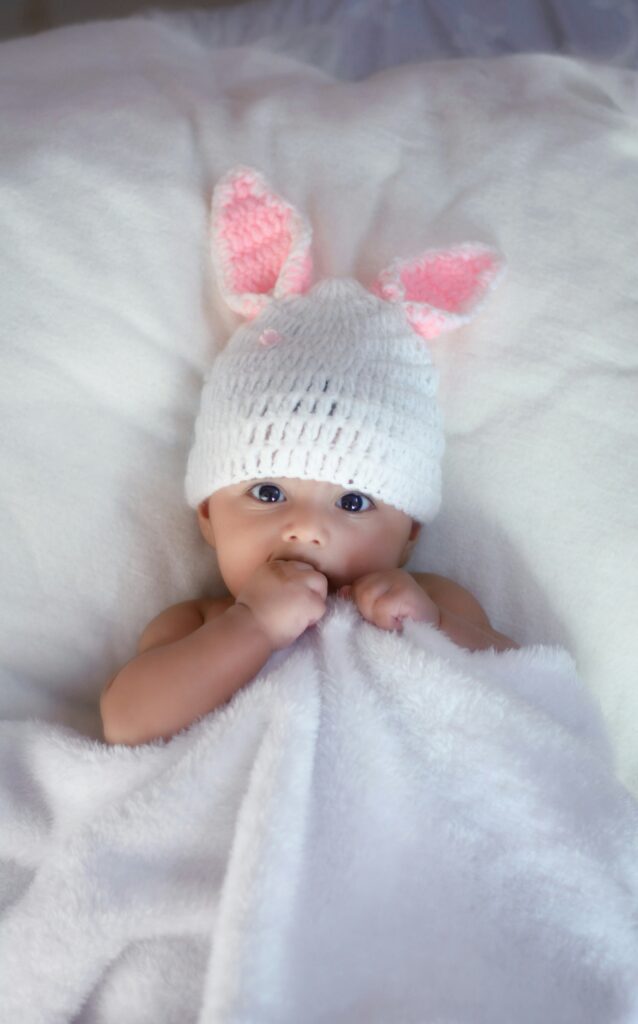Table of Contents
ToggleHiccups in Babies: 3 Possible Causes and Remedies

Babies are adorable.
They coo, yawn, and blink so beautifully.
But then, some things don’t feel just right, especially for first-time parents, like hiccupping.
Most babies hiccup, and that is something almost every parent or guardian has experienced. In this article, I will tackle the following questions:
What causes hiccups in babies?
How long should hiccups in babies last?
How can I stop my baby from hiccupping?
What causes hiccups in babies?
Hiccups in babies occur due to the spasms in their diaphragm and can be triggered by numerous things. The most common reasons why babies have hiccups include:
1. Overfeeding
You might notice that the baby starts hiccupping after feeding them for quite some time.
Experts hold that as the food levels in the stomach rise, so does the acid.
The reaction between the food and acid might cause hiccupping.
2. Swallowing air
Swallowing a lot of air can also trigger hiccups in babies.
As babies coo or yawn, they swallow a lot of air, which might cause discomfort to their small tummies. The influx of air in the baby’s tummy causes the diaphragm to move, involuntarily expelling the air through hiccups.
3. Eating too fast
Feeding a baby can be tricky since you cannot control the suckling speed.
At times, the baby might suckle too fast, ingesting air. The interaction between the milk or water with air causes discomfort, which the diaphragm expels through hiccupping.
Other experts hold that the diaphragm moves swiftly when the baby’s stomach temperature changes gradually, releasing a hiccup. For instance, the stomach temperature gets low when the baby is hungry.
The stomach temperature rises abruptly after feeding the baby with milk or warm water, resulting in a series of hiccups.
The final and most accurate explanation of hiccups in babies points to gastroesophageal reflux as the primary cause.
As the condition is acronymized, GER occurs when acid and partially digested food in the stomach flow back into the esophagus.
Once the acidic food gets to the esophagus, it causes a burning sensation in the diaphragm, hence the hiccups.
Note: Hiccups are not a sign of GER. Instead, a baby with GER will manifest the following symptoms:
- Spitting up more frequently.
- Arching their back with so much struggle when feeding them.
- Frequent crying.
The good thing about GER is that it is easily treated.
How long should hiccups in babies last?
There is no specific time frame on how long hiccups in a baby can last.
Some babies can hiccup for one minute several times daily, while others can hiccup for up to 10 minutes. In most cases, the babies enjoy the hiccups and cooing. But as a parent, the Hic! sound might not click well with you.
Unless the baby appears to strain during the hiccups, let them be. However, if the hiccups give the baby a lot of discomfort, visit your obstetrician.
How to Treat Hiccups in Babies

Hiccupping in babies is involuntary and cannot be treated since it is not a disease. However, there are four effective measures that you can use to prevent them.
· Burping the baby regularly
Burping is a great way to stop hiccupping in babies and should be on your bucket list. Burping removes any air bubbles that might have been trapped in the digestive tract during feeding.
· Feed the baby small portions at a time.
Giving your baby small servings at a time reduces their chances of developing hiccups. As the baby suckles the breast or bottle, you should also check whether they are suckling a lot of air.
· Changing the baby’s position
If you notice that a baby hiccups when they sleep in a certain position, change them to a different position. Although this might not be a permanent solution, it is a precautionary measure.
· Give the baby a pacifier.
A pacifier comes in handy when it comes to soothing your baby. Although it might not stop the baby from hiccupping, it keeps the baby distracted and stops the diaphragm from spasming. There are so many other benefits of pacifiers to babies, all supported by research.
Frequently Asked Questions on Hiccupping in Babies
As a parent, you might raise one of the following questions regarding hiccupping in babies:
Are hiccups harmful to babies?
No. Hiccups are temporary, are self-resolving, and cannot harm your cute baby. Take a deep breath.
Can my baby choke due to hiccups?
Contrary to popular belief that babies are at risk of choking to death due to hiccups, the truth is that hiccups do not trigger choking. Here is why; the epiglottis (a flap that covers the trachea) ensures that no milk, water, or food particle flows into the lungs.
Can hiccups kill babies?
No. Relax. Your baby’s hiccups cannot put their life at risk. Hiccups don’t interfere with a baby’s breathing and swallowing, so their lives are not at risk.


